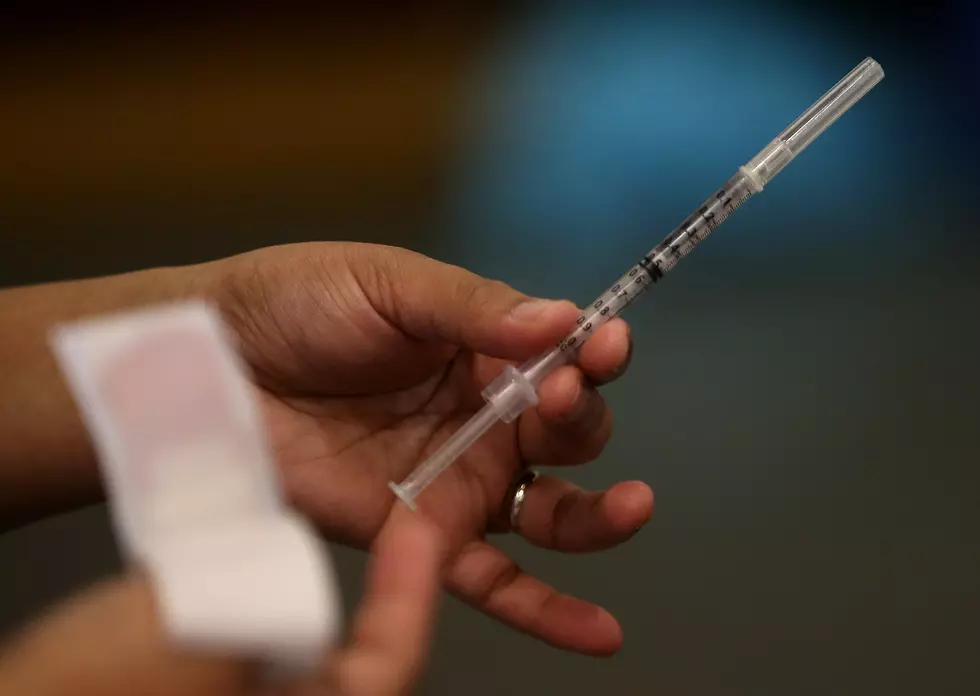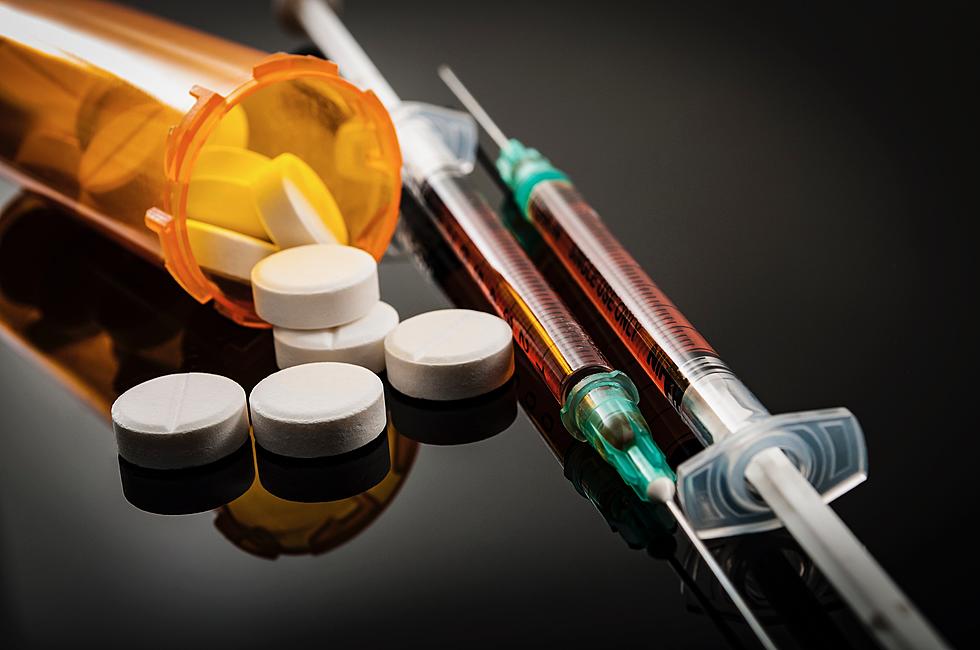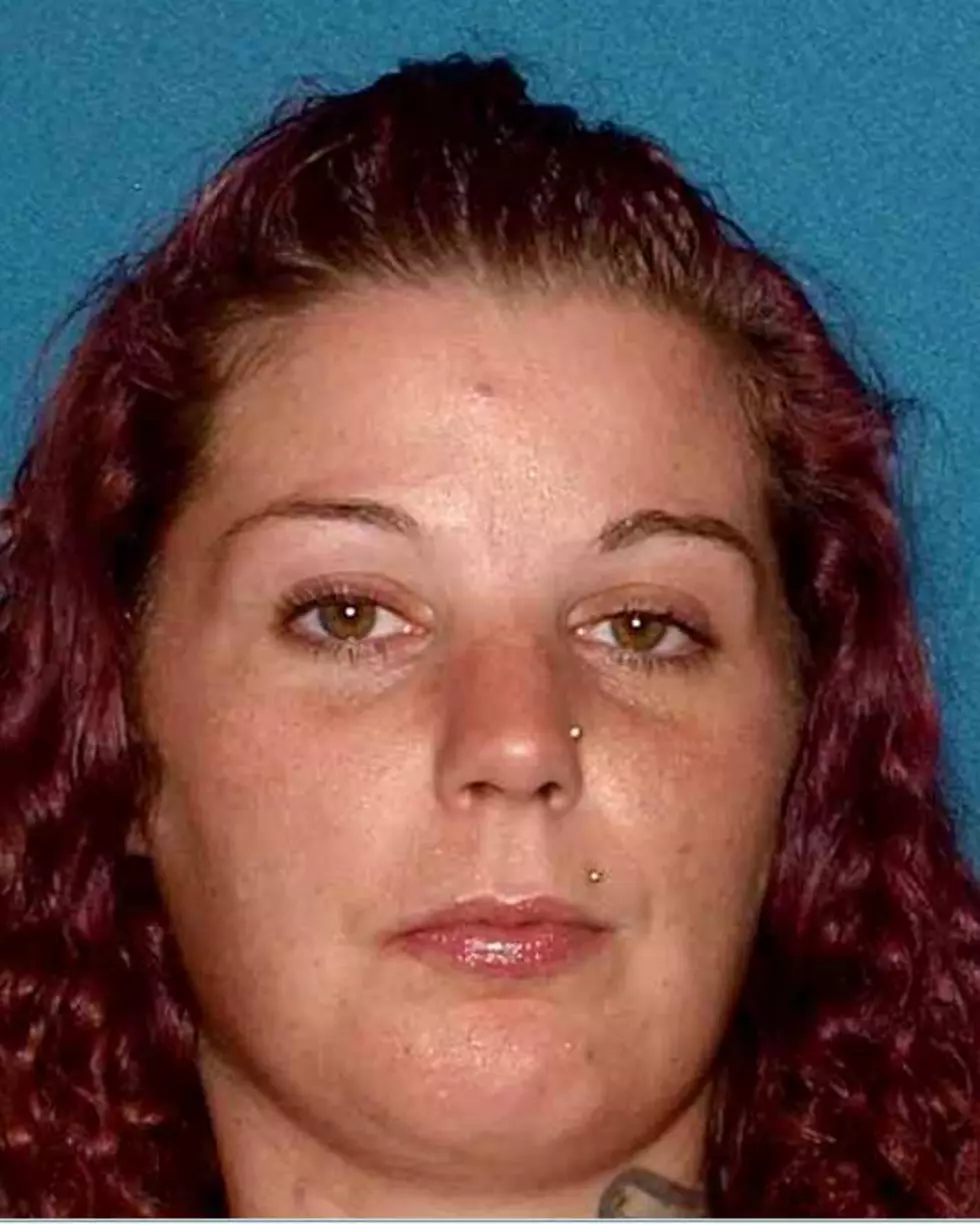
NJ lawmakers introduce bill to expand access to harm reduction centers
Harm Reduction Centers, or syringe access programs, might be known for providing sterile syringes and supplies for safer drug use. But they also provide overdose antidotes, overdose prevention education, testing for sexually transmitted diseases and provide help in finding drug rehab services.
As it stands, a harm reduction program can only operate in New Jersey if approved by a municipality. As a result, New Jersey has only seven harm reduction programs in Asbury Park, Atlantic City, Camden, Jersey City, Newark, Paterson and Trenton. This requirement does not exist in other states that have successfully used harm reduction to prevent overdose deaths and the spread of preventable infectious diseases.
State Sen. Joseph Vitale, D-Middlesex, and Assemblywoman Valerie Vainieri Huttle, D-Bergen, have recently introduced a bill that would expand these harm reduction programs by lifting approval requirements.

Vitale said that while legislation would not need municipality approval, the centers would have to be located in an appropriately zoned area not near schools or daycare centers.
He said if these programs needed a town's approval, most often they would be met with resistance. Many local leaders have this reaction that harm reduction centers are not good for their communities. But Vitale said they are good. It doesn't bring in drug dealers or bad people. It simply brings in people who need access to keep themselves safe and those around them safe.
Vitale said when the original law was introduced almost 20 years ago, it was vetoed by then Gov. Christie Todd Whitman because she felt that giving clean, sterile needles in exchange for used, dirty ones sent a wrong message. Vitale said it's not that he and other current lawmakers are condoning drug use.
"We're just saying if you're going to do this, be safe. Don't infect your family, don't infect your partner, don't affect the rest of us. Here are clean syringes that you don't share, that you turn in to get the new ones. God willing, you'll take the opportunity for counseling and getting into recovery," he said.
According to the U.S. Centers for Disease Prevention and Control, people who have access to harm reduction programs are five times more likely to enter substance use treatment. They are also 50% less likely to acquire HIV or hepatitis C.
Caitlin O'Neill, founding member and director of Harm Reduction Services and a former addict, said Tuesday that harm reduction saved her life. She started using these programs during her injection drug use days in the mid-2000s. A lack of syringes and sterile supplies did not prevent her from using drugs. She would share needles and never got tested for HIV.
When O'Neill started going to these centers, it was not an immediate miracle, she said — it was a slow process. But in time, she started to feel good about herself, making positive changes. When she would go, people were happy to see her; they didn't judge her and she felt valued. That positive impact helped her turn her life around.
"We can treat people to reflect the inherent value that they have while they're making choices that work for them. We can support choices that support people, not what we think works for someone else," said O'Neill.
Another advocate for the expansion of harm reduction services is Carol Katz Beyer, co-founder of Families for Sensible Drug Police. Beyer lost two of her sons, Brian and Alex, in 2016 and in 2017 to drug overdoses.
"For no other chronic health condition I need the approval of my local policymakers before getting my boys the care that is recommended by doctors and public health experts across the nation," Beyer said.
She added that New Jersey needs to do better so families do not continue losing their children when we know harm reduction is a proven public health solution.
More From Townsquare Media News:
Best Ice Cream Shops In Ocean County
More From Beach Radio










